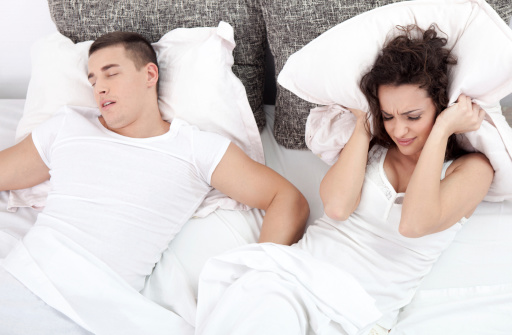Alcohol's Effects on Sleep Apnea Alcohol is known to hinder many normal functions the body carries out throughout the day, especially at night when we sleep. For those who suffer from sleep apnea, alcohol is an enemy. Alcohol is known to hinder many normal functions the body carries out throughout the day, especially at night when we sleep. For those who suffer from sleep apnea, alcohol is an enemy.Sleep enables our body to relax and carry out essential processes while in a deep state of relaxation. The functions and processes help us gather strength and energy to carry out our daily tasks. However, with alcohol in our bodies, sleep apnea tends to be significantly triggered. Sleep apnea is strongly linked to a lack of oxygen. Our surgeons at Surf City Oral and Maxillofacial Surgery will help assess your condition and suggest treatment accordingly. What is Sleep Apnea?Sleep apnea is a condition that can cause poor sleep, as your breathing starts and stops many times throughout the night. Sleep apnea causes you to sleep with an open mouth. Sleeping with an open mouth can result in a dry mouth when you wake up. A dry mouth is a breeding ground for cavities, oral diseases, plaque, and demoting tooth conditions. You may develop mouth infections which can cause extreme discomfort. Sleep apnea is a common condition among individuals who are habitual of breathing through their mouth and not their nose. Underlying dental issues can contribute to an increase in sleep apnea. Our surgeons will help you find solutions and also treat any infections or health conditions caused by sleep apnea. Alcohol’s Relationship with Sleep ApneaAlcohol is essentially an intoxicant. When an intoxicant enters the body, it disrupts the body’s natural routine and adds another step for the liver to complete. The fact remains that alcohol does not just attack the liver; it passes through the entire body and contributes to sleep apnea. Alcohol acts as our central nervous system’s catalyst by speeding up its role as a depressant. In this process, our brain activity slows down and induces sedation, resulting in us being more relaxed than our body would like. Overconsumption of alcohol can contribute to poor sleep, and if you’re already suffering from sleep apnea, trigger it further. Head over to Surf City Oral and Maxillofacial Surgery where our surgeons will assess your condition in detail and suggest treatment accordingly. How Does Alcohol Contribute to Poor Sleep Quality?An accurate sleep cycle encompasses four major stages, each with its function and regard. The first stage is transitionary from wakefulness to sleepiness. The second stage moves toward a deep sleep state. The third stage switches the body to its lowest levels of functionality, whereby all activities and processes slow down. The fourth stage is commonly known as REM. The four cycles take turns accordingly. This is your body’s natural phase of progression toward a healthy sleep cycle. When alcohol enters the equation, it disrupts the cycle and imbalances slow-wave sleep’s correspondence with REM sleep. Consequently, under the influence of alcohol, you experience more REM sleep which is faster in motion and less slow wave sleep. This means your body does not get the rest it needs, and a cycle has also been disturbed. Contact Us for a Consultation TodaySleep apnea is not an incurable condition. Sleep apnea can be eliminated with a healthy lifestyle and adequate treatment of any underlying conditions in your mouth or gums. Call Surf City Oral and Maxillofacial Surgery at 657-384-2787 to schedule an appointment and initiate the start of a healthy mouth and routine. |